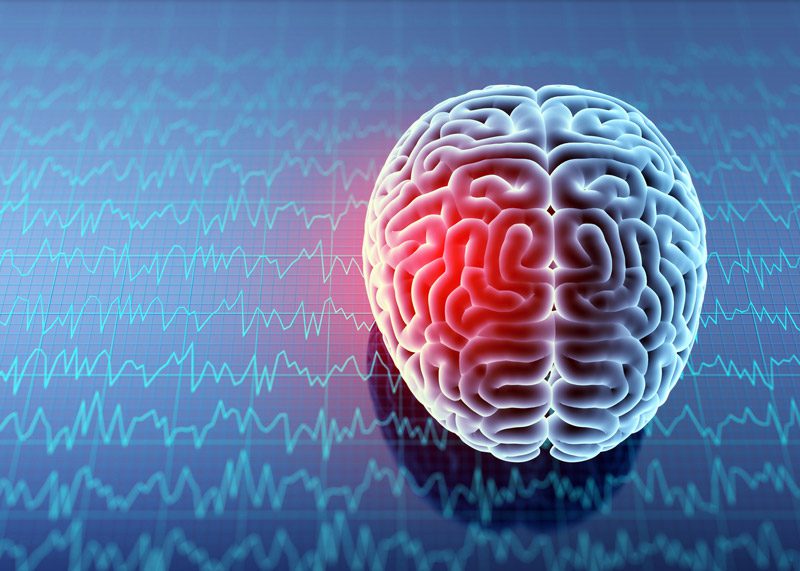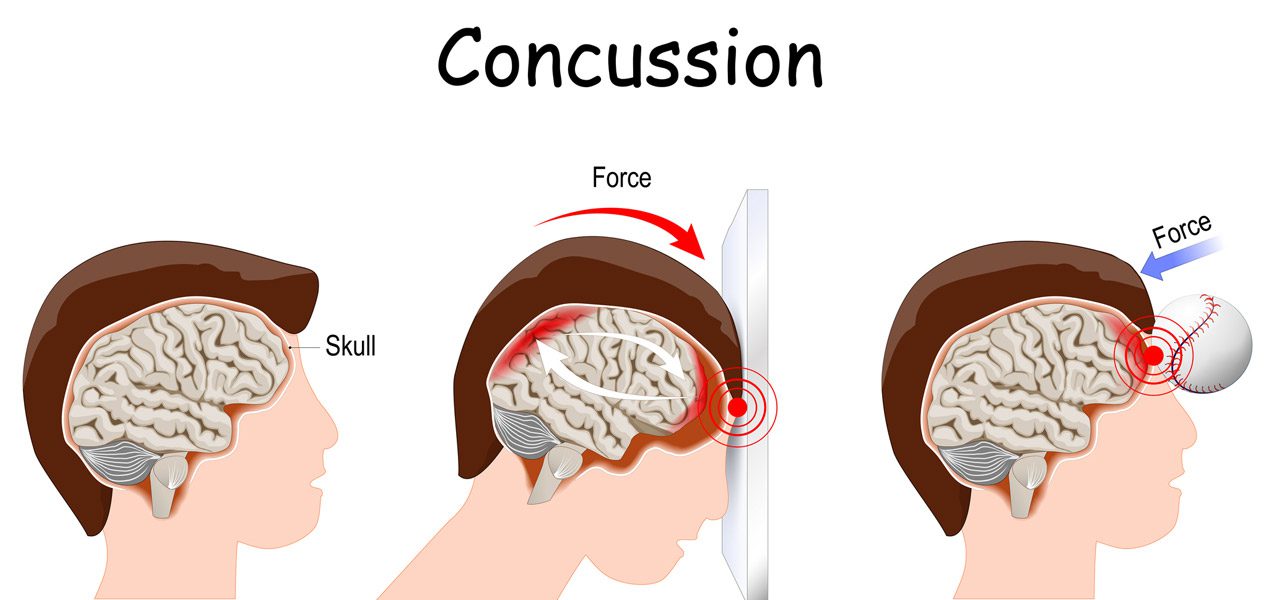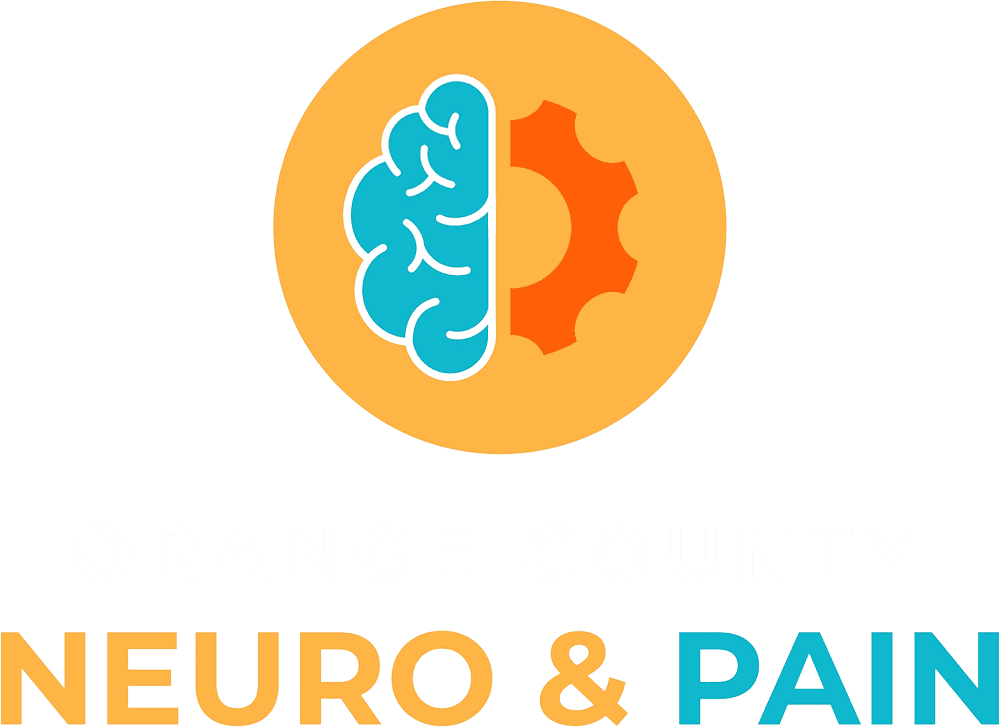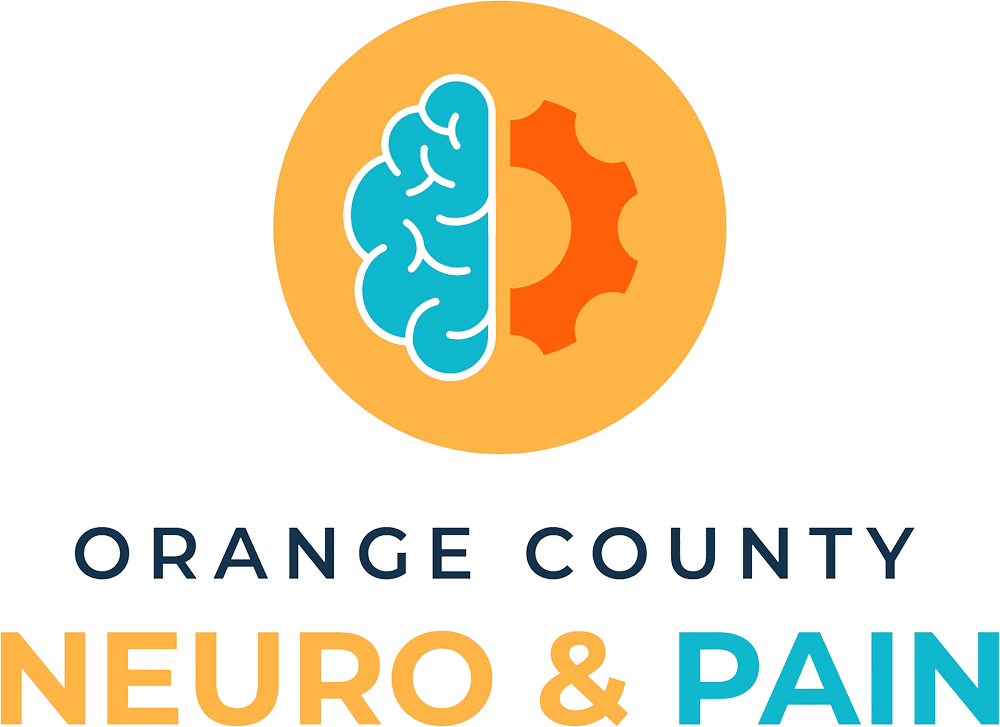

A concussion is a traumatic brain injury that can lead to headaches and difficulty with concentration, memory, coordination, and balance.
Symptoms of a Concussion
Some concussions don’t lead to immediate signs or symptoms. When they do arise, symptoms can last for days, weeks, and even longer.
Signs of a concussion include:
- Headache
- Loss of memory
- Confusion
- Ringing in the ears
- Nausea
- Vomiting
- Fatigue or drowsiness
- Blurred vision
- Confusion or feeling as if in a fob
- Dizziness or “seeing stars”
- Amnesia surrounding the injury

Others may notice the following symptoms in an individual who has suffered a concussion:
- Slurred speech
- Delayed response to questions
- Dazed appearance
- Temporary loss of consciousness
- Forgetfulness
Delayed signs of a concussion include:
- Sleep disturbances
- Sensitivity to light and noise
- Irritability and other personality changes
- Difficulty with concentration and memory
- Disorders of taste and smell
- Difficulty psychologically adjusting and depression
Children who have suffered a concussion may also experience listlessness and tiring easily, irritability and crankiness, excessive crying, changes in eating or sleeping patterns, seizures, and lack of interest in their favorite toys.
Left untreated, a concussion can lead to post-traumatic headaches, post-traumatic vertigo, cumulative effects of multiple brain injuries, second impact syndrome, and persistent post-concussive symptoms.
Causes of a Concussion
A brain injury or concussion can be caused by a car accident, violent shaking, or a violent blow to the head and neck. A concussion may cause bleeding in or around the brain causing confusion and prolonged drowsiness.
Risk Factors
The following activities and factors may increase the risk of a concussion:
- Falling
- Playing high-risk sports, such as football, soccer, hockey, boxing, rugby, or other contact sport
- Motor vehicle collision
- Pedestrian or bicycle accident
- Military combat service
- Physical abuse
- Previous concussion
Diagnosing a Concussion
To diagnose a concussion, Dr. Alireza Bozorgi will evaluate the patient’s symptoms, review their medical history, and conduct a neurological examination that may involve cognitive testing and imaging tests. During a neurological examination, the doctor will check the patient’s vision, hearing, balance, coordination, reflexes, and strength and sensation. Cognitive testing will evaluate memory, concentration, and memory. Imaging tests may involve a CT scan and MRI.
Treatment Options
During the first 48 hours after a concussion, patients should avoid activities that require mental concentration, such as playing video games, watching TV, doing homework, texting, reading, or using a computer. Patients should also avoid engaging in strenuous physical activity.
Patients who experience bleeding or swelling in the brain or other serious injury to the brain will be evaluated for surgery and other medical procedures.
It’s common for patients to experience headaches in the days or weeks after a concussion. To manage pain, speak to your doctor to find out which pain relievers are safe to take.
Dr. Alireza Bozorgi takes a multidisciplinary approach when developing a treatment plan for patients. Treatment for a severe concussion may involve a mix of medical procedures, medication, and physical therapy. Patients who experience difficulty with balance may need physical therapy, while those with difficulty thinking and memory may need cognitive rehabilitation.

